Whether referring to those who are influencing medical milestones in cancer research, the women who are thriving, or our loved ones who are now in our memories and forever in our hearts, Cervivor is proud to highlight the women who share their stories, rallying fists, and expertise that help us get closer to a cure.
And to be clear, this is not the pride that interferes with faith or recognition of a higher calling; This is the delight and fulfillment that keeps us here, fighting, sharing, educating and yelling from mountaintops that we can find a cure. So during this Women’s History Month, we want to acknowledge women (who, by the way make up nearly 70% of the entire world’s healthcare workforce), and shout out five women in cancer research and healthcare – in their own words.
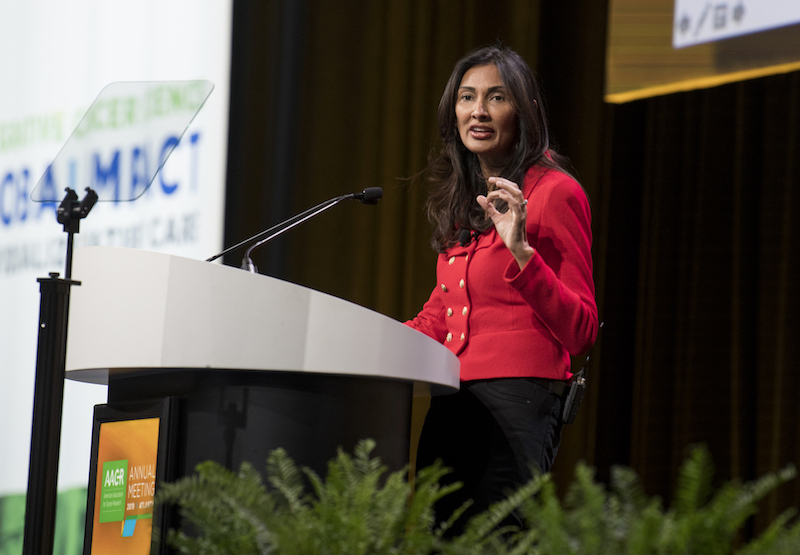
Padmanee Sharma, M.D., Ph.D., of the University of Texas MD Anderson Cancer Center: “I feel like we’re right on the cutting edge of discoveries that will create incredibly good outcomes for our patients with cancer … Finally, people can see that what we’ve been saying for all these years about immunotherapy is correct. But more important, we can now deliver the hope to patients that we’ve been working so hard for.”
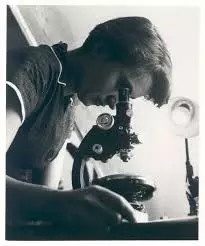
Rosalind Franklin, British chemist whose doctoral student took the infamous “Photo 51,” that first showed the iconic double helix of DNA in 1952: “ … Science and everyday life cannot and should not be separated. Science, for me, gives a partial explanation of life. In so far as it goes, it is based on fact, experience and experiment. Your theories are those which you and many other people find easiest and pleasantest to believe, but so far as I can see, they have no foundation other than they lead [cq] to a pleasanter view of life … ” Read more.
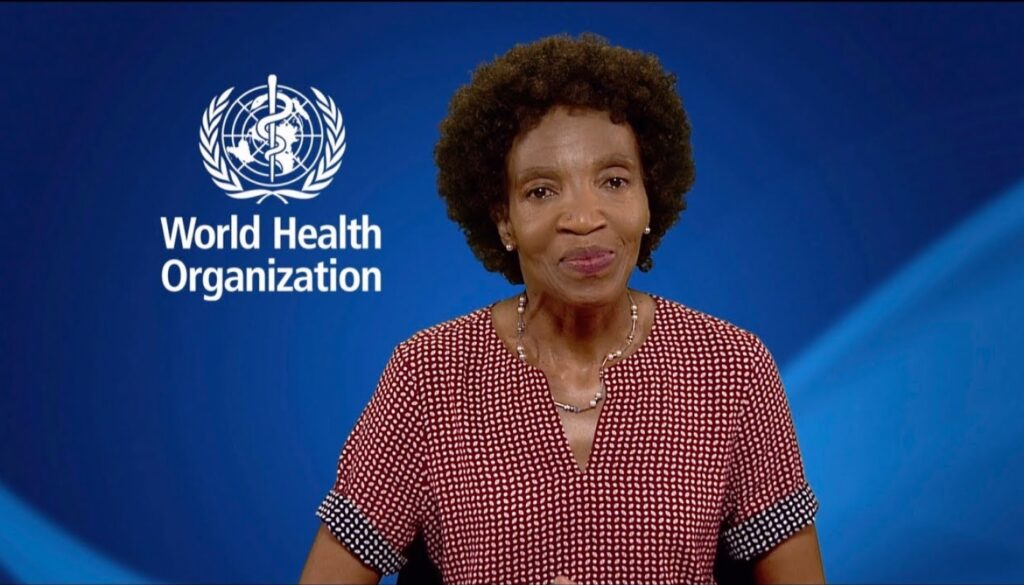
Dr Princess Nothemba Simelela, Assistant Director-General for Strategic Programmatic Priorities: Cervical Cancer Elimination: “I’m always an optimist. When you have a life and you have opportunities, we should strive to progress and share this enthusiasm with new communities. We must use this global commitment to elimination for national action. We can make a huge contribution to the lives of women who are less privileged and advantaged than we are. And move together towards a world free of cervical cancer … The most important message that we are communicating to everybody is to take this forward together, in one united push, and to maintain the momentum.” Read more.
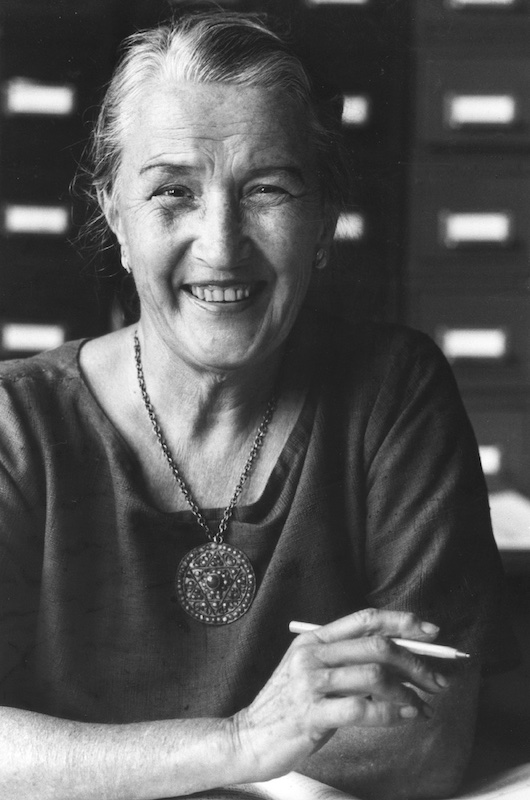
Helen Coley Nauts—the daughter of Dr. William B. Coley, the Father of Cancer Immunotherapy (CRI) who helped advance her father’s work despite not having a college degree or scientific training: “You must be aware that no one else but me has so far made a detailed and painstaking study of all possible aspects of this form of treatment. Until such time as you may train a person with a more impressive medical background, I would suggest that you appoint me as a sort of registrar of information on the above mentioned Toxin clearing house.” Read more of Naut’s letters chronicling her advocacy toward a new path of cancer research in the 1950s.
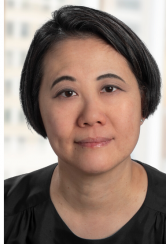
Dr. Lillian L. Siu, Canadian oncologist, clinician scientist and recipient of the International Women Who Conquer Cancer Mentorship Award: “All of us have family members who are affected by the disease, by cancer. There’s always going to be a personal component to most oncologists that enter the field. You have to understand something about the heart, you have to understand something about the lungs … you almost have to be a jack of all trades. That’s what intrigues me about oncology and cancer medicine. And obviously, to make a big difference in cancer is going to be very rewarding because that’s going to save a lot of lives and make a lot of difference in people’s lives.” Watch more.
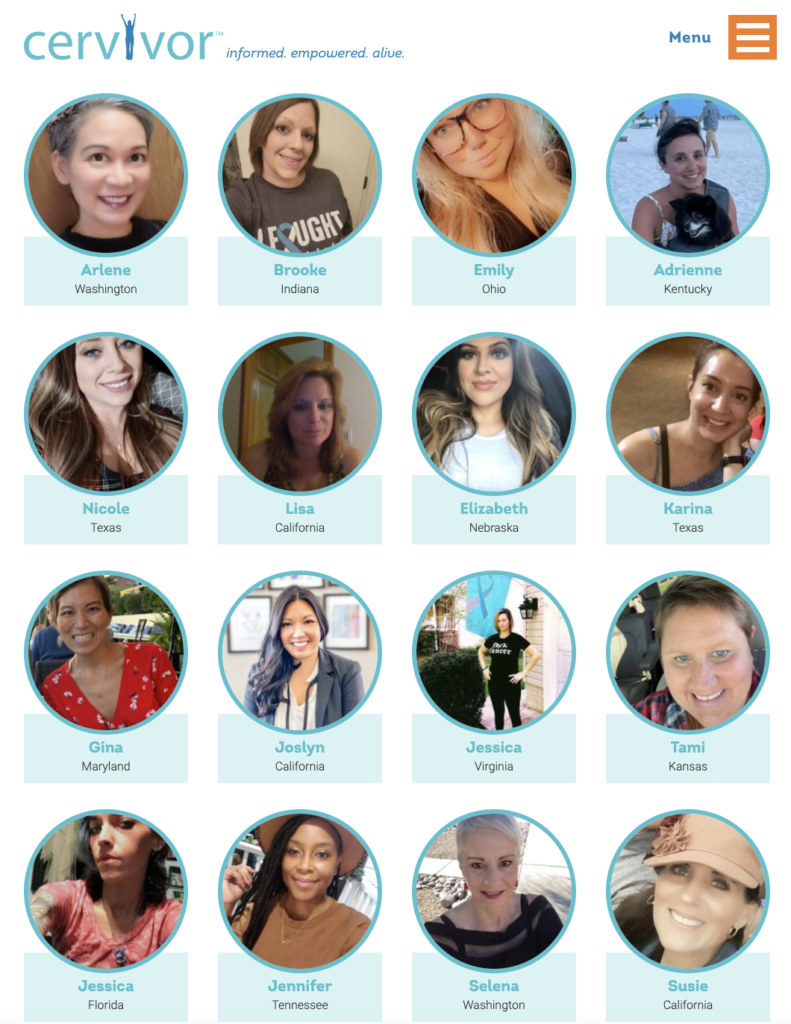
Learn more about our cervivors, who we, too salute, this month and share their stories with your circles! Have a story of your own? Share it with us!